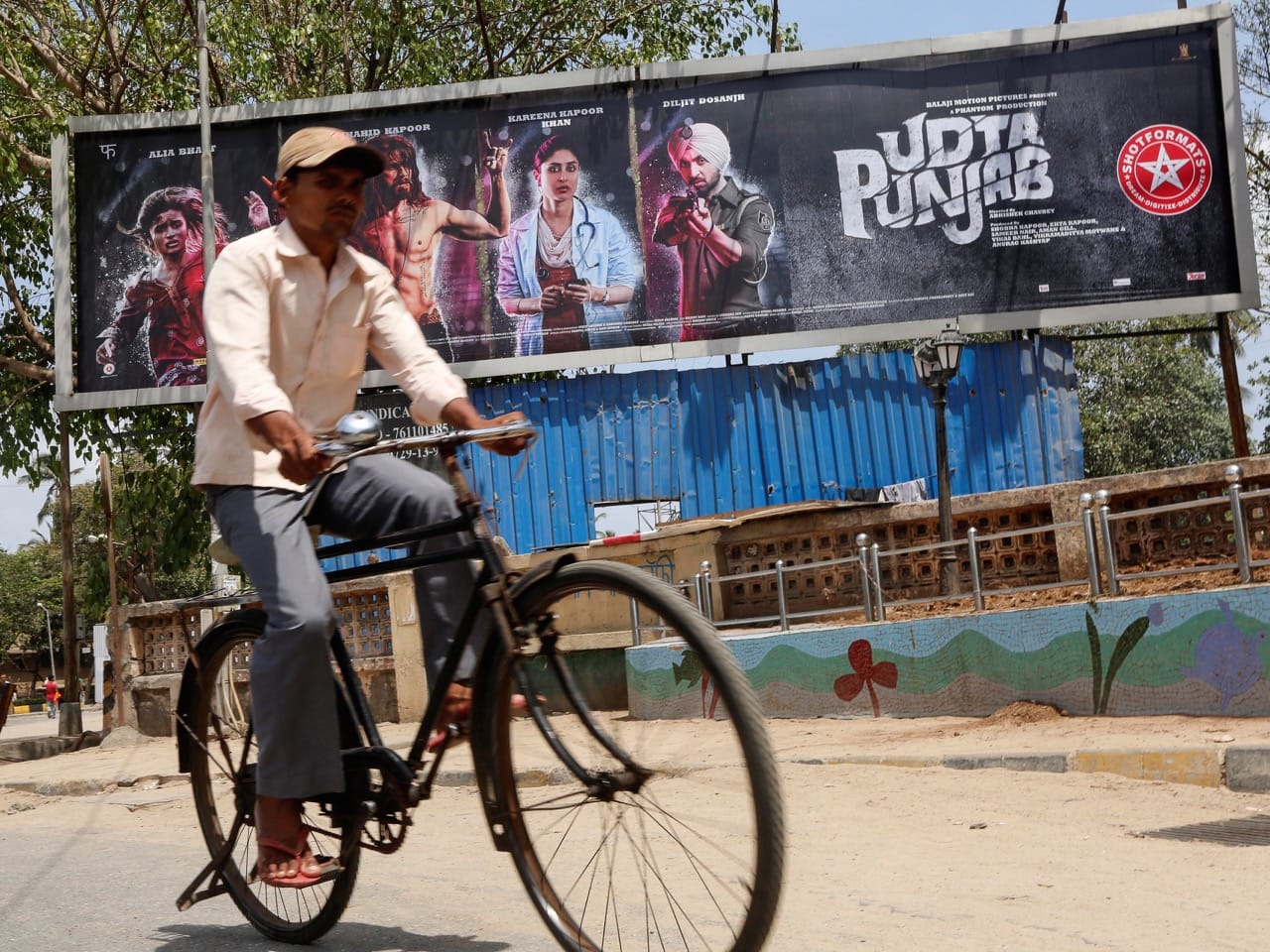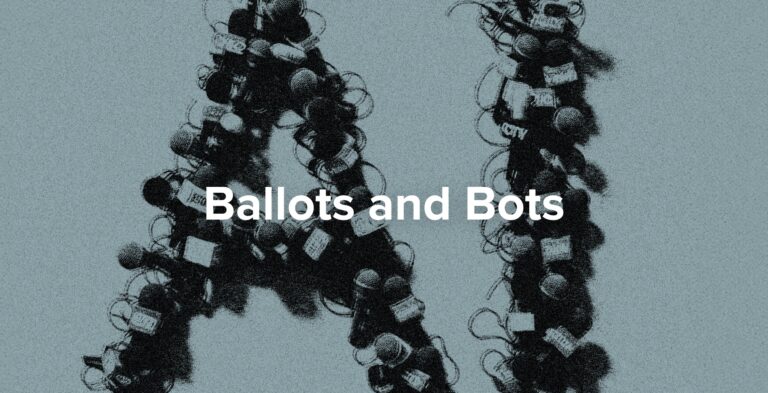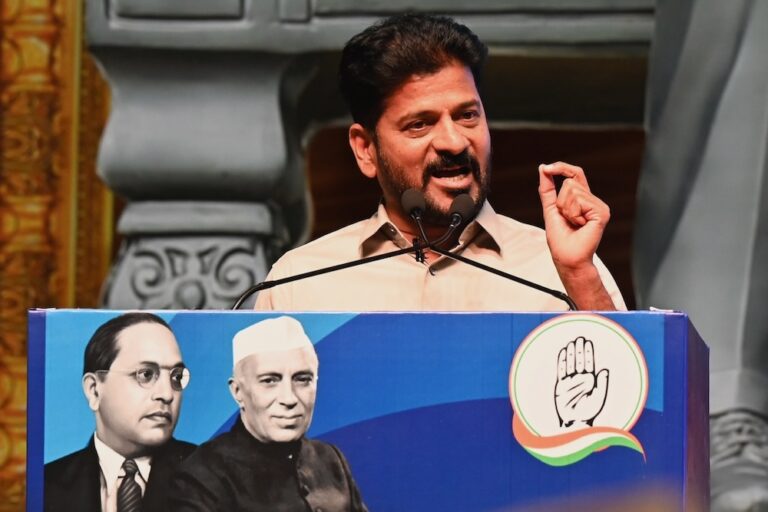Feminism and sex often get movies censored in India. But that's a storyline that filmmakers and audiences are increasingly not impressed with.
This statement was originally published on globalvoices.org on 5 March 2017.
In India, films on sexuality and feminism continue to fall under the axe of the censor board. In recent times, two movies failed to get permission to screen, which created a lot of debate across the country.
Although the Constitution of India guarantees freedom of expression, it places certain restrictions on content, in order to protect communal and religious harmony and control obscenity. The regulatory film body of India is the Central Board of Film Certification (CBFC), which is usually harsh on film content, especially in regards to sex, nudity, violence or any other subjects that may be considered politically subversive.
India is one of the largest and oldest producers of films in the world. Around 1,600 films in the various languages of the country are produced annually in industries nicknamed Bollywood, Tollywood etc. But the industries are fighting irrational censorship on some films which cross the moral boundary, according to the the CBFC. Often, the interpretation of the 1952 cinematography law is vague and the board can ask for multiple cuts and edits in certain films. They had requested, for instance, that the word “lesbian” be muted in the romantic comedy Dum Laga Ke Haisha, and asked the filmmakers behind Udta Punjab, a film about drug abuse, to make 94 cuts, including the removal of expletives, references to cities in Punjab and any shots of drugs being consumed. The Udta Punjab team challenged the decision in court and the film was finally released with just one cut when the court ruled in its favor.
Lipstick Under My Burkha
In January 2017, the Central Board of Film Certification denied a theatrical release to Alankrita Shrivastava’s film about female empowerment, Lipstick Under My Burkha. The story is about the secret lives of four women of different ages in small town India and their desire for independence – all while they explore their sexuality.
According to the letter from the board to the producer, national award-winning filmmaker Prakash Jha, “The story is lady oriented, their fantasy above life. There are contanious sexual scenes, abusive words, audio pornography and a bit sensitive touch about one particular section of society, hence film refused”.
The film has already been screened abroad and did well in international festivals. In 2016, the film won the Spirit of Asia award at the Tokyo International Film Festival, and the Oxfam award for Best Film on Gender Equality at the Mumbai Film Festival. In 2017, it received the Glasgow Film Festival Audience Award.
On social media, some netizens expressed discontent that the movie did not get support from other Indian filmmakers regarding the ban:
Here is the list of Indian film makers who came out in support of the movie, “Lipstick Under My Burkha”1.2.3.4.
— Professor (@BeerOholic) February 28, 2017
Others found it too feminist:
I really don’t get the ‘lipstick under my burka’ and ‘free the nipple’ kind of feminism
— ZohwaKarim (@ZohwaKarim) October 16, 2016
The director, Alankrita Shrivastava, vowed to fight for release of the movie in India:
‘I will not shut up. And I will continue to make “lady-oriented” films as long as I can.’ #lipstickundermyburkha https://t.co/YH07SbxLtP
— Karuna Nundy (@karunanundy) March 1, 2017
Ka Bodyscapes
Another film which was refused by the CBFC was the Malayalam film Ka Bodyscapes. On Facebook, filmmaker Jayan Cherian shared the letter he received from the CBFC on March 2, 2017: the film was refused certification for “glorifying the subject of gay and homosexual relationships”. Cherian can appeal before the Film Certification Appellate Tribunal within 30 days.
The CBFC has, so far, reviewed the movie three times, the last time by a second Revising Committee. It was initially rejected in July 2016, on the grounds that it has “vulgar and offensive scenes” and that it “humiliated the Hindu religion”, accusations which the filmmakers challenged via a writ petition. In a judgement passed in December by the High Court, Justice PB Sureshkumar had ruled in favour of the film, mentioning that mere references to homosexuality and masturbation by women may not amount to obscenity or vulgarity.
The movie is set in Kerala, India, and the story is about three friends – including a gay couple – who struggle to get their lives going in a community filled with misogyny and homophobia. The traditions and the taboos in their society hinder their search for freedom.
The Indian Penal Code‘s Section 377, which dates back to a British colonial law from 1860, criminalises all forms of “unnatural sex”, with a provision for punishment that may …go up to life in prison. However, the Indian censor board has given the nod to several commercial movies like Dostana, Kya Kool Hai Hum and Masti, which have blatant sexual content, objectify women and make explicit references to homosexuality.
The feature film has already been screened at a number of international film festivals and has gained accolades. The filmmaker, Jayan, insists that:
According to the Cinematograph Act, a film can only be banned if it compromises on national security. What security is a romantic film on a gay couple compromising? This is plain cultural fascism by an authoritative state.
He amassed a lot of support on Twitter:
Ka Bodyscapes director Jayan K Cherian: CBFC is colonial board of film certification… https://t.co/ZMxv4HR279 #news
— malik khan (@being_malik) March 4, 2017
Certification Denial to #KAbodyscapes is another assault on freedom of Speech&Expression.CBFC must be abolished&CinematographicAct repealed
— Manish Tewari (@ManishTewari) March 3, 2017
There were adverse reactions about the film too:
#IFFK2016 Naked Lord Hanuman with erect phallus in #Kabodyscapes is CREATIVE LIBERTY!Reaction of Abrahamic religions if it was their God? pic.twitter.com/7H4JwWixS0
— Atul Subramanian (@SubramanianAtul) December 17, 2016
Recently, the board censored India’s screening of Moonlight, the winner of three Academy Awards this year, including the Oscar for Best Picture. The censor muted some swear words, ordered removal of a sex scene and a same-sex kiss.
This practice of censorship frustrates many Indian movie lovers. People are protesting and debating the censorship issue, both online and offline. Meanwhile, as Indian society becomes more open, Bollywood filmmakers are becoming braver and bolder with the cinematic themes they choose to explore – so in the future, we may see fiercer battles with the censor board, unless the age-old laws and acts are revised and updated.



